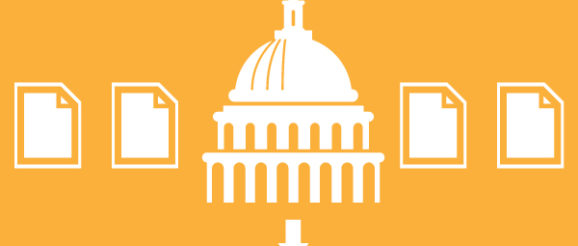What Happens When Laws Become Open Data? – Center for Data Innovation

Since President Obama’s first day in office, open data has been a major priority for the administration, and the United States has established itself as a world leader in open data. But until recently, legislative data—information about legislative activities, including bills and their status, lawmaker votes, committee meetings, public communications by members of Congress, lobbying information, and the products of legislative support agencies such as the Congressional Research Service—was rarely published as open data. This is changing. In late 2015, a bill was introduced to Congress to transform the Statutes at Large, the catalog of all laws enacted during a session of Congress, into freely accessible and machine readable open data. In February 2016, the Government Publishing Office began publishing bill status information in machine readable formats and making it available for bulk download. And in March 2016, the House and Senate introduced bills that would make Congressional Research Service reports publicly available.
Like other types of open data, legislative data can serve as a platform for new products and services that enhance transparency, promote civic engagement, and fuel new business models. But open legislative data specifically offers unprecedented insight into the legislative process, making it easier than ever for the public to analyze legislative activities, monitor influence, and hold lawmakers accountable for their actions.
Join the Center for Data Innovation for a panel discussion exploring the impact of open legislative data on the public and private sectors and identifying opportunities for both federal and state governments to better provide this data to unlock social and economic benefits.
Date and Time:
Location:
Speakers:
